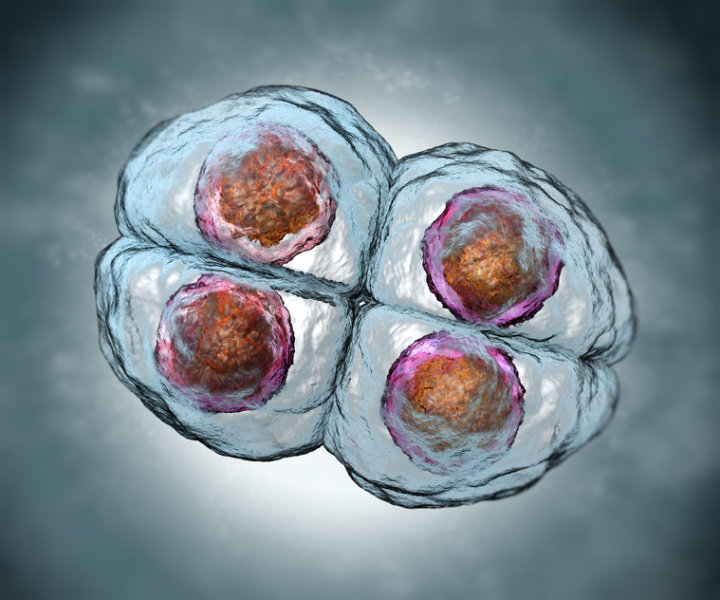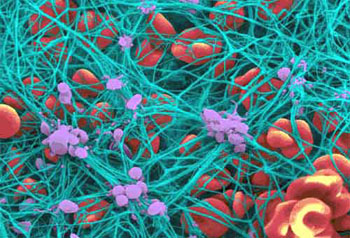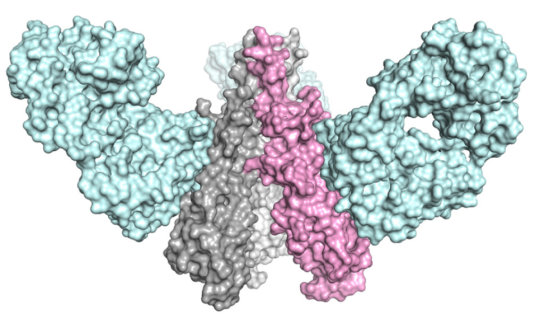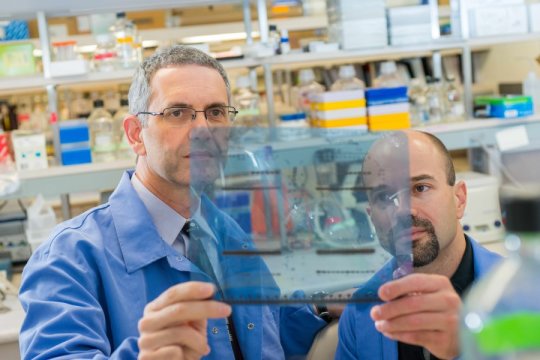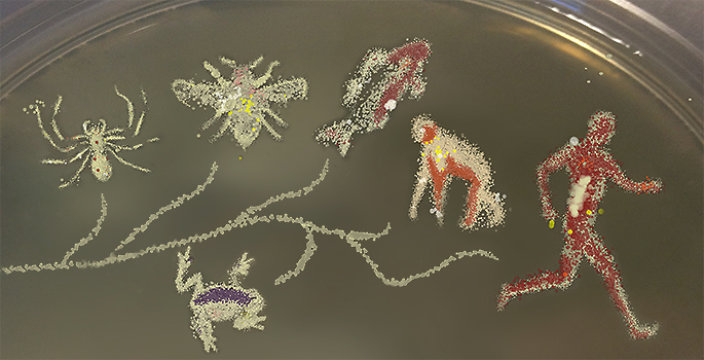Molecular biologist David Sinclair wants to revolutionize the way people age. Sinclair is 46, but he’s been obsessed with what he calls “the gravity of life” since he was 4 years old. A professor of genetics at Harvard Medical School and co-director of the university’s Paul F. Glenn Laboratories for the Molecular Biology of Aging,…
Read more
Biologist predicts average life span will reach 150 by end of century


